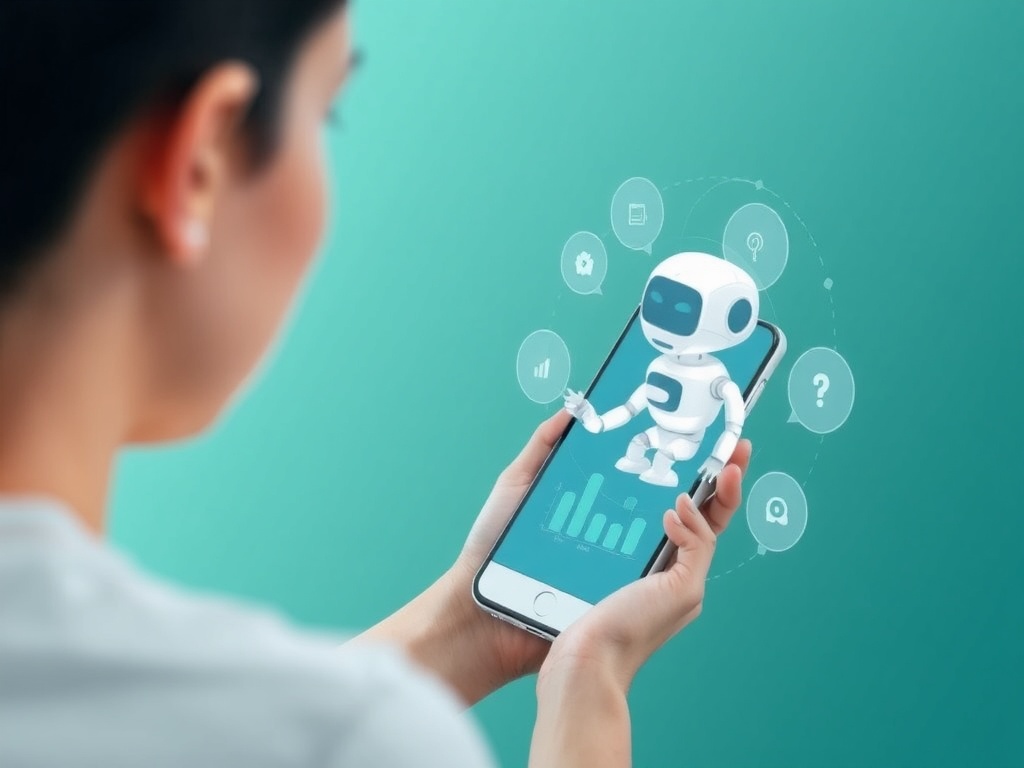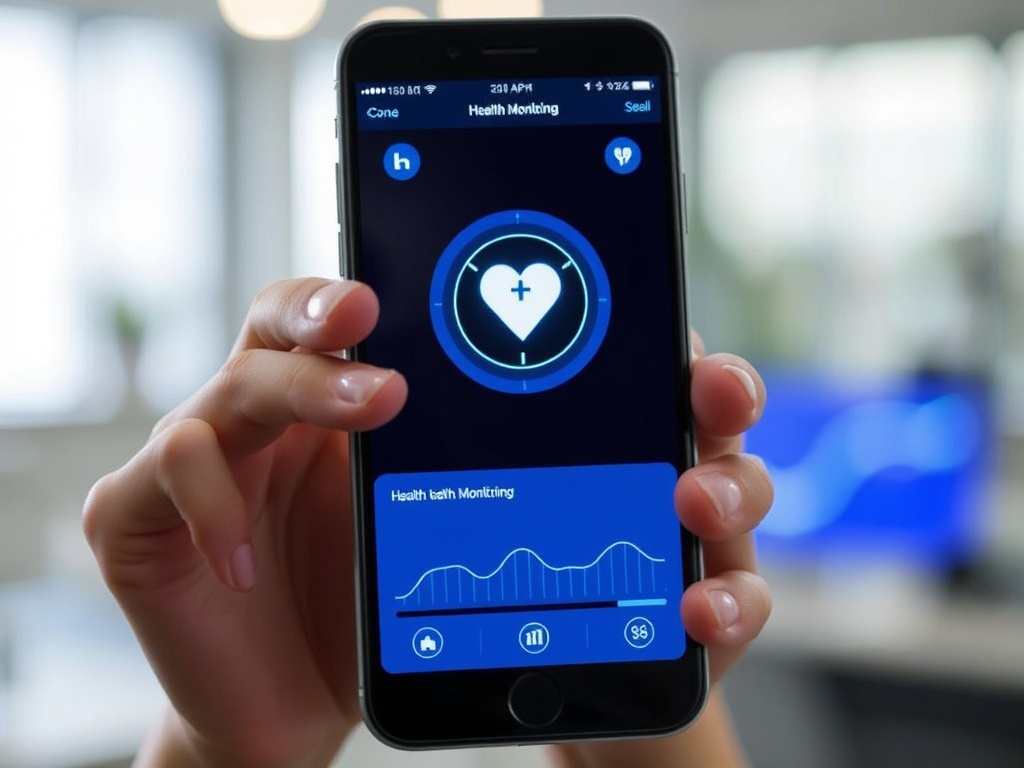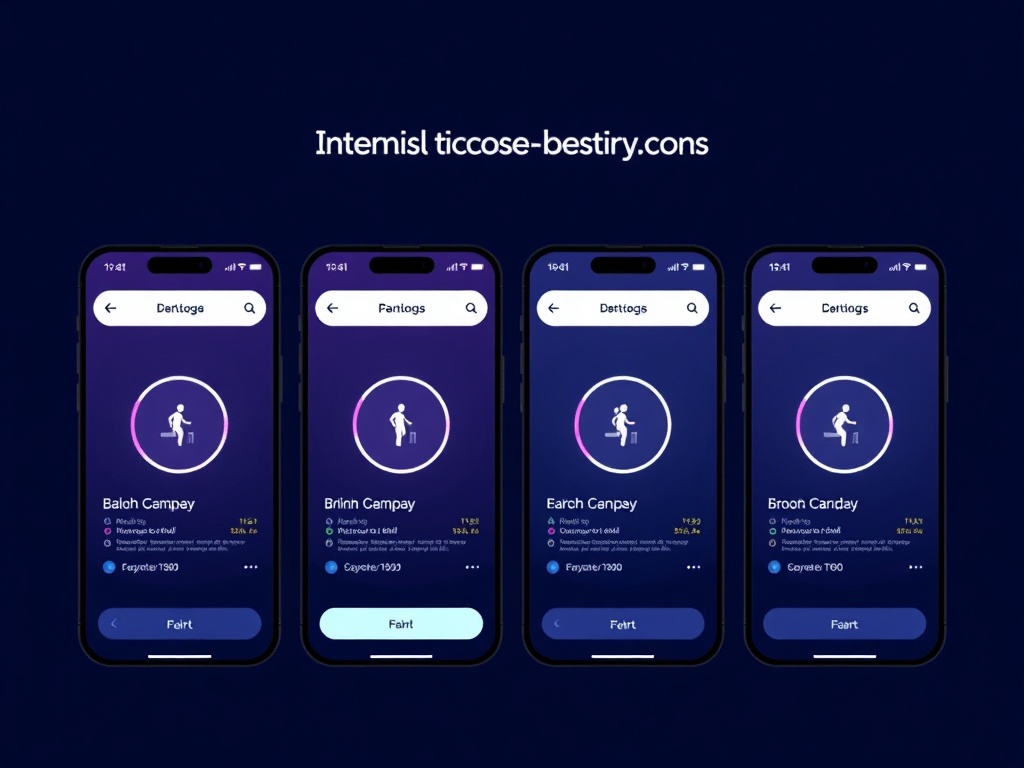AI Apps for Health Monitoring and Fitness Tracking: Revolutionizing the Way We Stay Healthy
The rapid advancement of artificial intelligence (AI) technology has transformed various aspects of our lives, including health monitoring and fitness tracking. With the increasing availability of AI-powered mobile apps, we can now track our physical activity, monitor vital signs, and receive personalized health advice in real-time.
In this article, we will delve into the world of AI apps for health monitoring and fitness tracking, exploring their features, benefits, and potential impact on public health.
What are AI Apps for Health Monitoring and Fitness Tracking?
AI-powered health monitoring and fitness tracking apps use machine learning algorithms to analyze user data, providing insights into their physical activity levels, sleep patterns, nutrition, and other health-related metrics. These apps often integrate with wearable devices, such as smartwatches or fitness trackers, to collect data on various health parameters.
Key Features of AI Apps for Health Monitoring and Fitness Tracking
- Activity Tracking: AI-powered apps can track physical activity levels, including steps taken, distance traveled, and calories burned.
- Sleep Analysis: These apps can monitor sleep patterns, providing insights into the quality and duration of sleep.
- Vital Sign Monitoring: Some apps allow users to input their vital signs, such as heart rate and blood pressure, which are then analyzed by AI algorithms.
- Personalized Recommendations: Based on user data, these apps provide tailored advice on exercise routines, nutrition plans, and stress management techniques.
- Social Sharing and Accountability: Many apps enable users to share their progress with friends or join fitness challenges for added motivation.
Top AI Apps for Health Monitoring and Fitness Tracking
- MyFitnessPal: A calorie tracking app that uses machine learning algorithms to provide personalized nutrition recommendations.
- Fitbit Coach: An AI-powered exercise app that offers customized workouts based on user data.
- Apple Watch’s Activity App: A built-in app that tracks physical activity levels, including exercise and sleep patterns.
- Google Fit: A health tracking app that integrates with wearable devices to monitor various health metrics.
- Wysa: An AI-powered mental wellness app that provides personalized advice on stress management and emotional well-being.
Benefits of Using AI Apps for Health Monitoring and Fitness Tracking
- Improved Physical Activity: These apps encourage users to engage in regular physical activity, reducing the risk of chronic diseases.
- Enhanced Mental Well-being: By providing personalized recommendations, these apps can improve mental health outcomes, such as reduced stress levels and improved sleep quality.
- Increased Accountability: Social sharing features and fitness challenges foster a sense of community, promoting accountability and motivation among users.
Potential Challenges and Limitations
- Data Accuracy: The accuracy of user data collected by these apps can be influenced by various factors, such as device calibration or user input errors.
- Privacy Concerns: Users may be hesitant to share their health data with third-party apps, raising concerns about data security and ownership.
- Limited Contextual Understanding: AI algorithms may not fully understand the nuances of human behavior, potentially leading to misinterpretation of user data.
Conclusion
AI-powered health monitoring and fitness tracking apps have revolutionized the way we track our physical activity, monitor vital signs, and receive personalized health advice. While these apps offer numerous benefits, including improved physical activity and enhanced mental well-being, they also pose potential challenges and limitations, such as data accuracy concerns and privacy issues.
As AI technology continues to advance, it is essential for developers to prioritize user data security, ensure contextual understanding of human behavior, and provide transparent information about app functionality. By addressing these concerns, we can unlock the full potential of AI apps for health monitoring and fitness tracking, ultimately improving public health outcomes worldwide.


